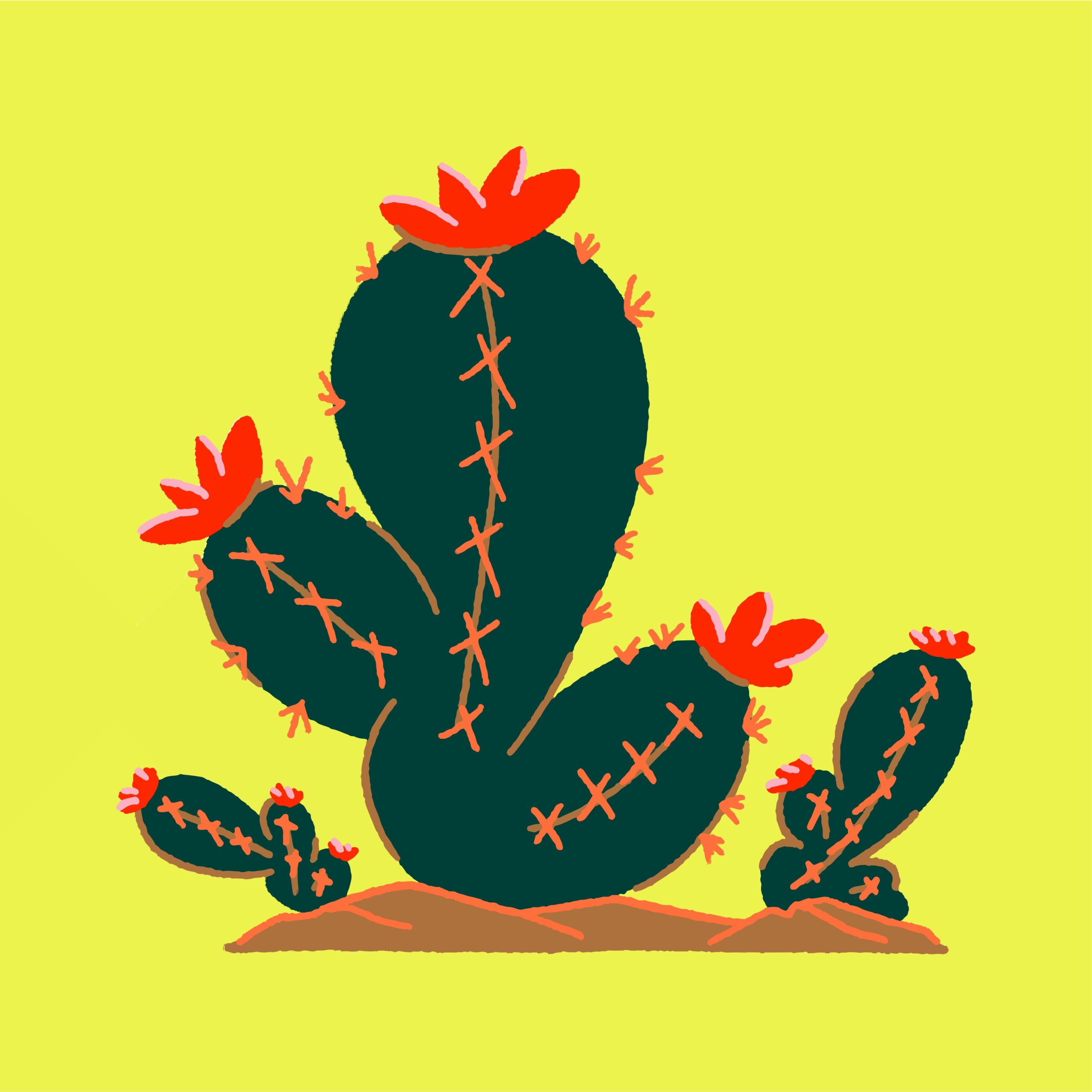 Beat Marketing
Beat Marketing I’m a beatmaker. Please tell me the importance of distribution.
Streaming or distributing your work online as a beatmaker offers several key advantages. Here are some main points to co...
 Beat Marketing
Beat Marketing 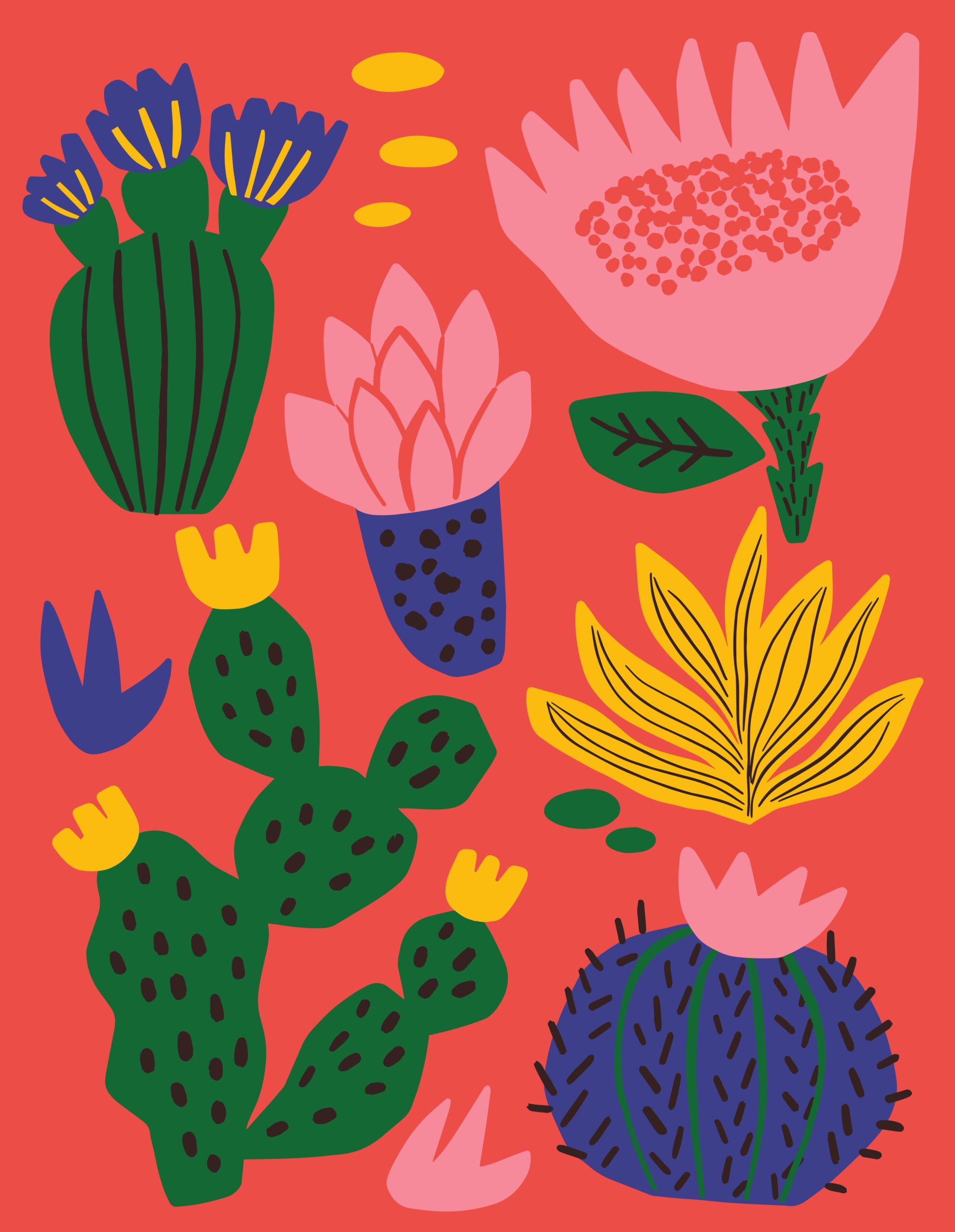 Beat Marketing
Beat Marketing 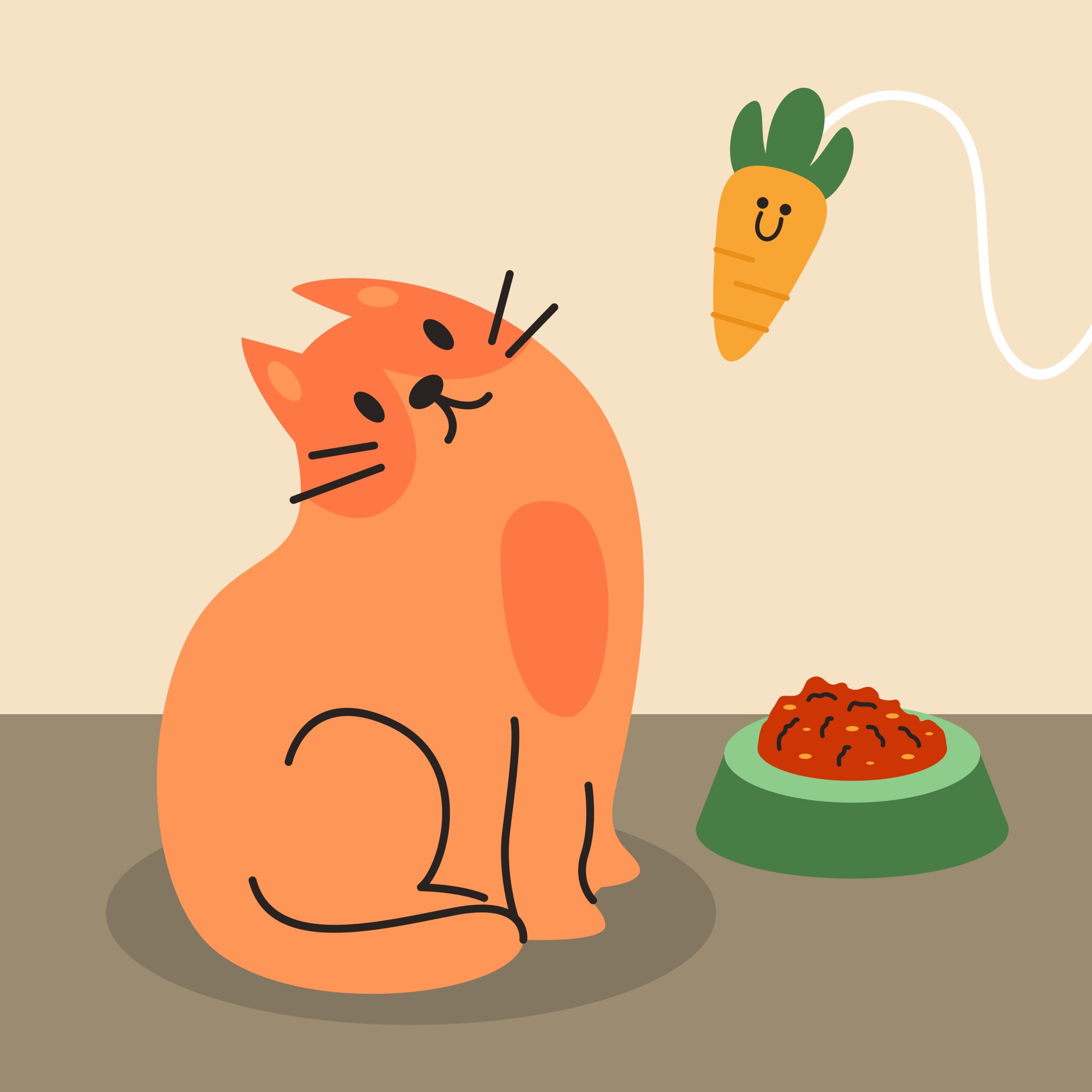 Music Diary
Music Diary 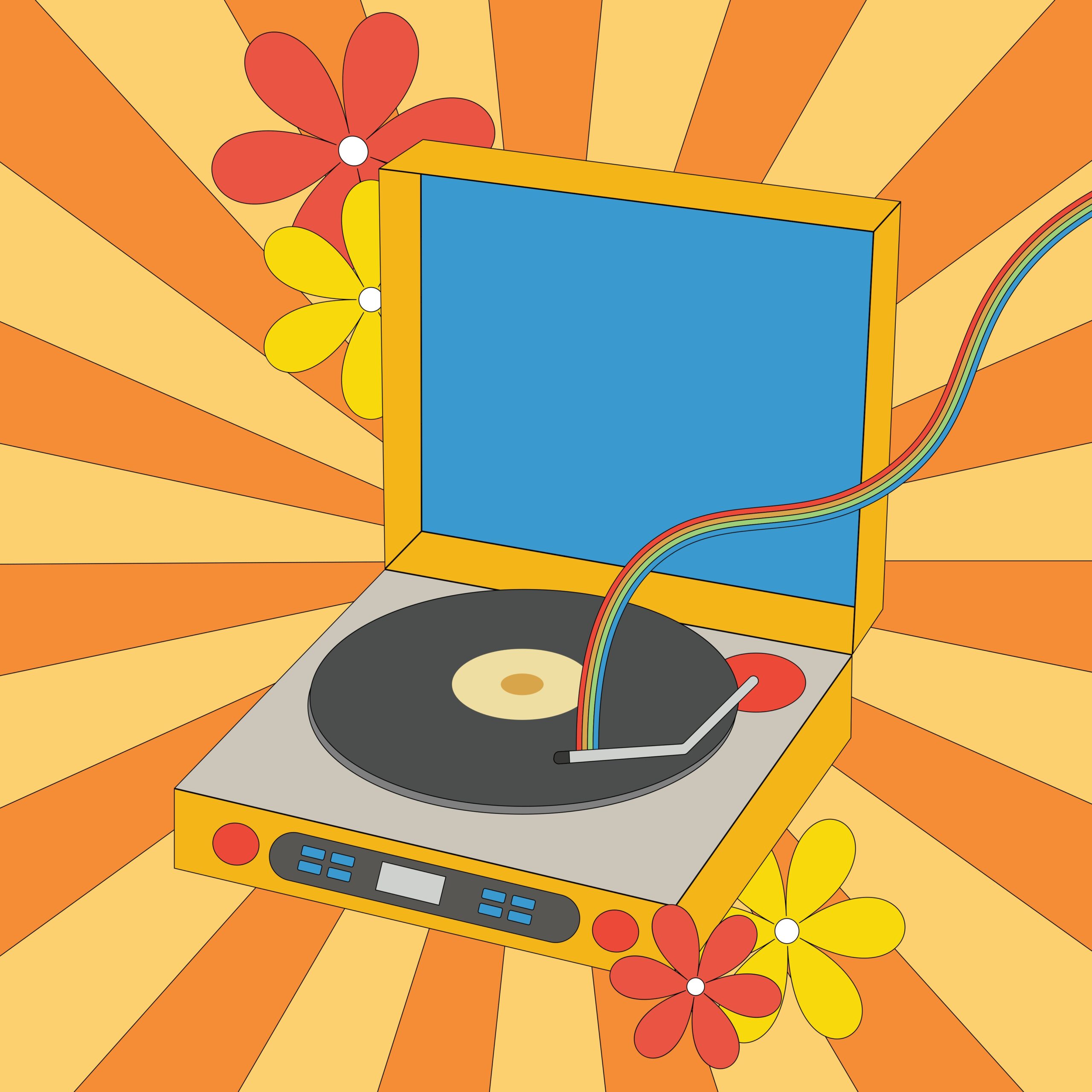 Beatmaking Tips
Beatmaking Tips 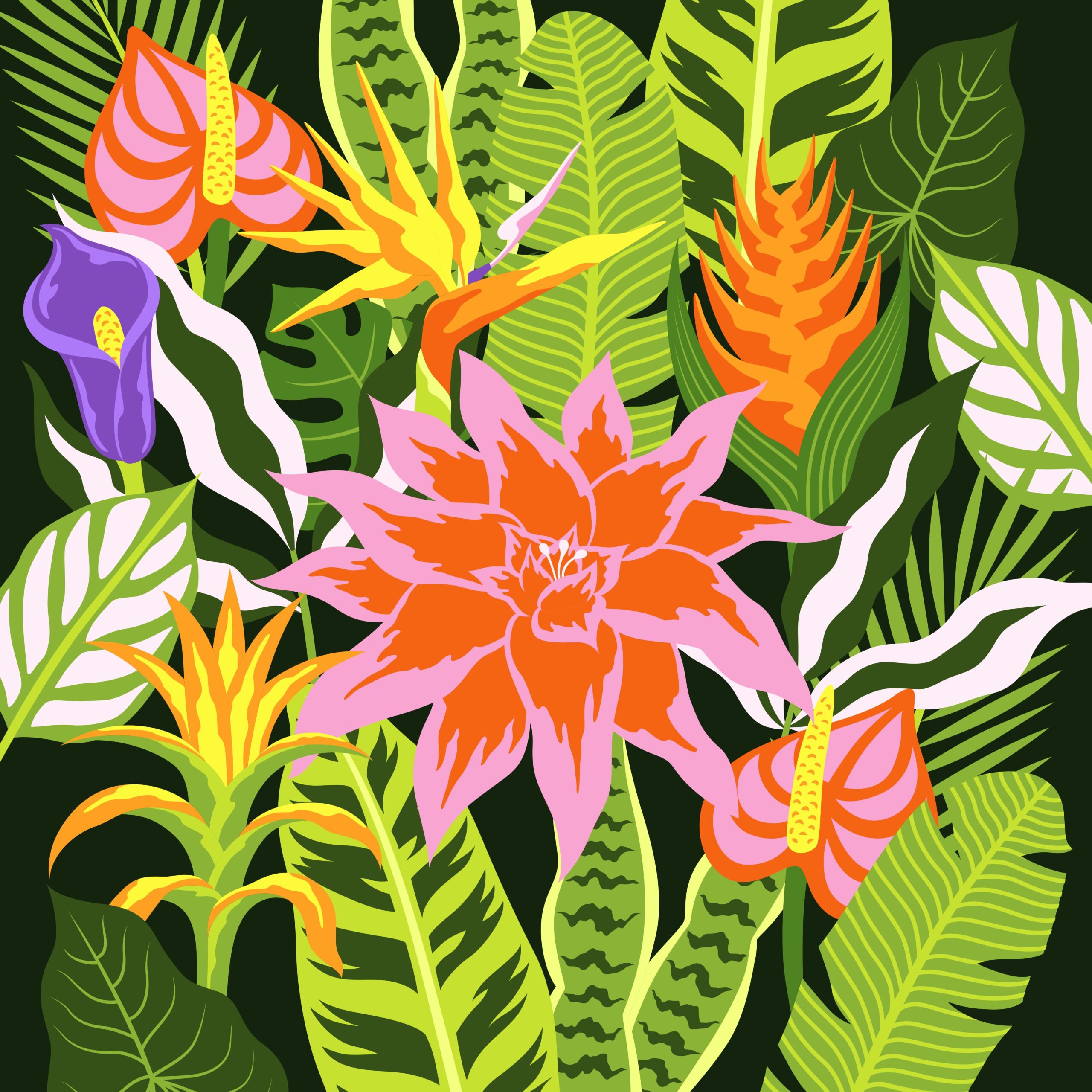 Beat Marketing
Beat Marketing  Beat Marketing
Beat Marketing 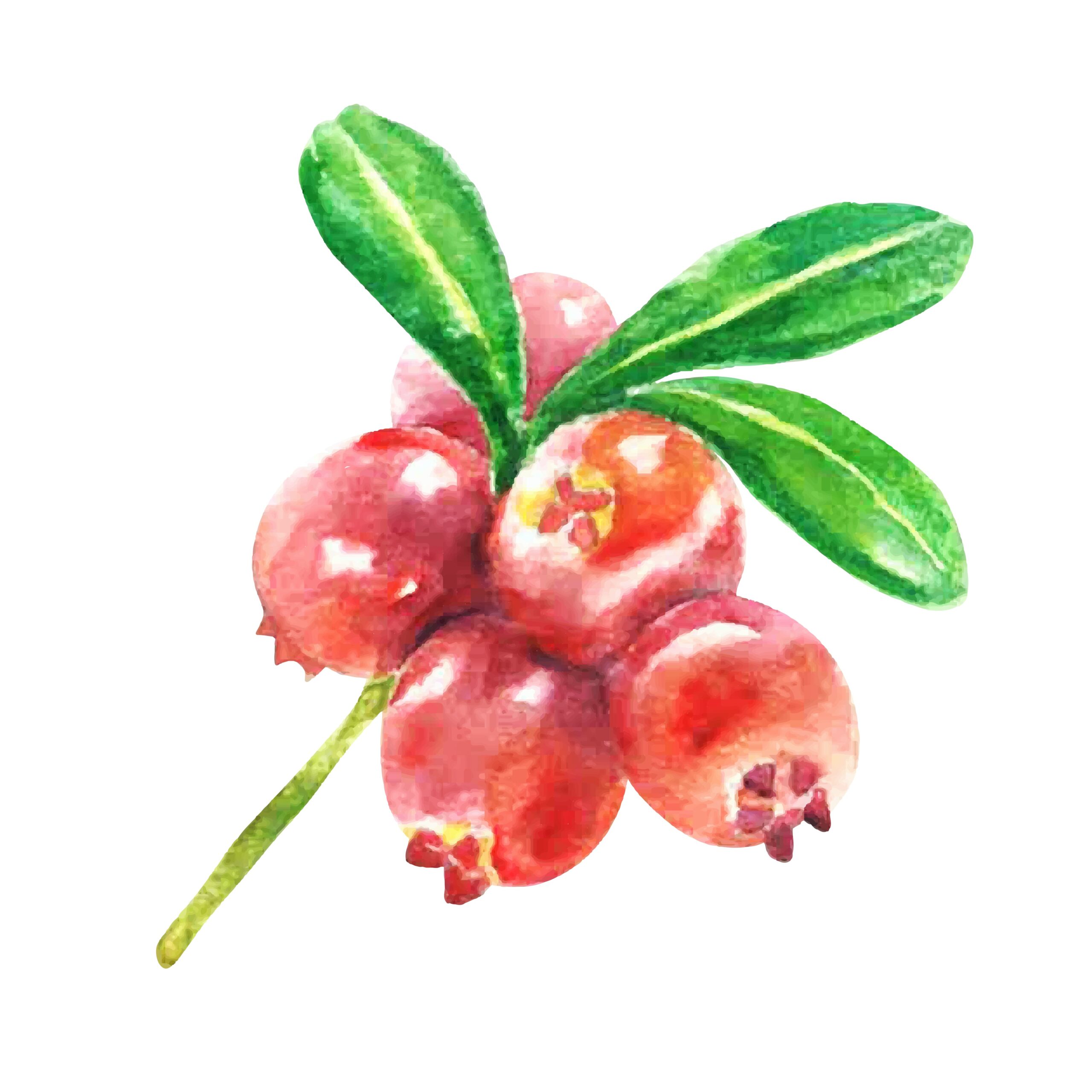 Beat Marketing
Beat Marketing  AI Music
AI Music  AI Music
AI Music 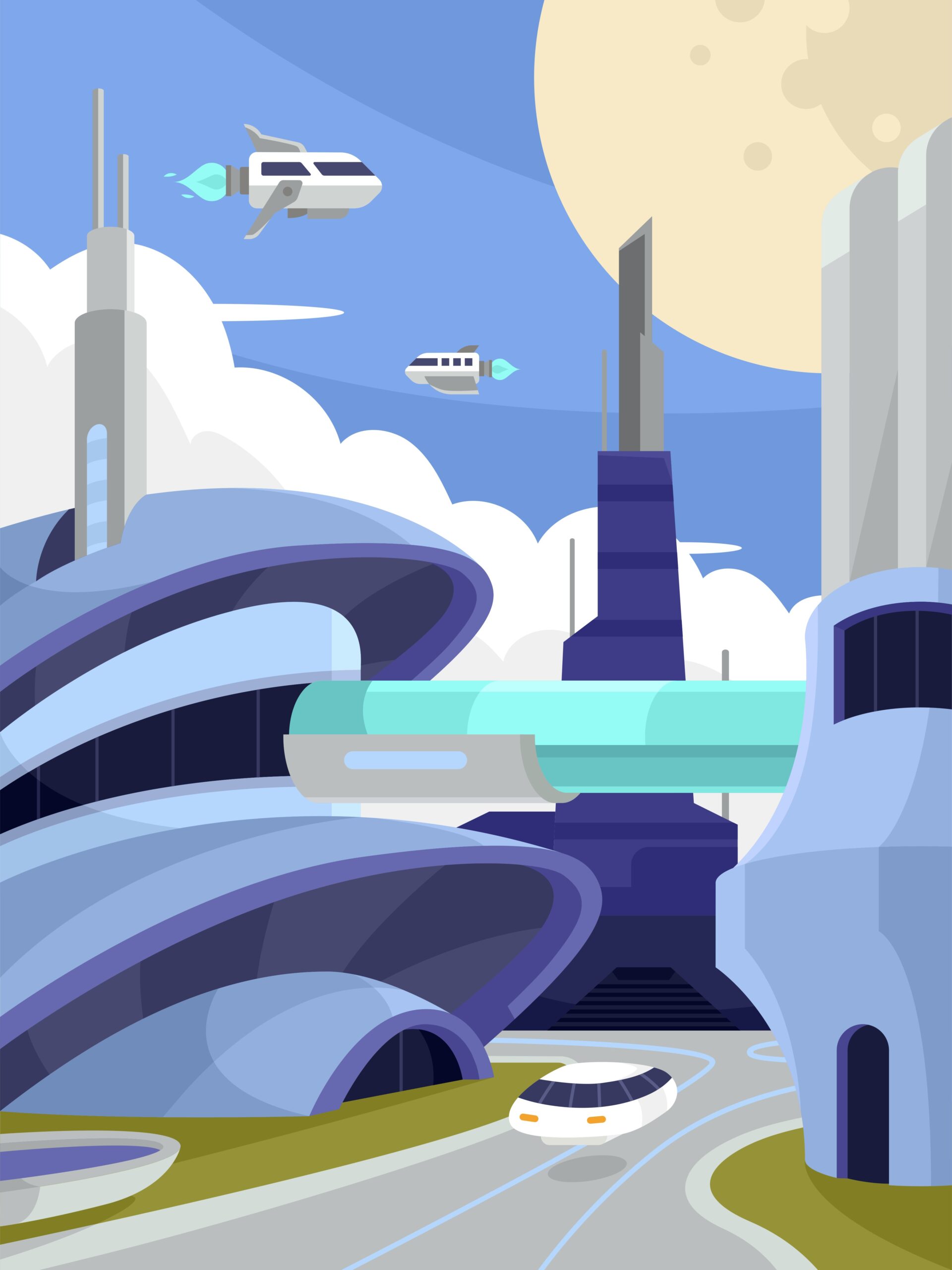 AI Music
AI Music